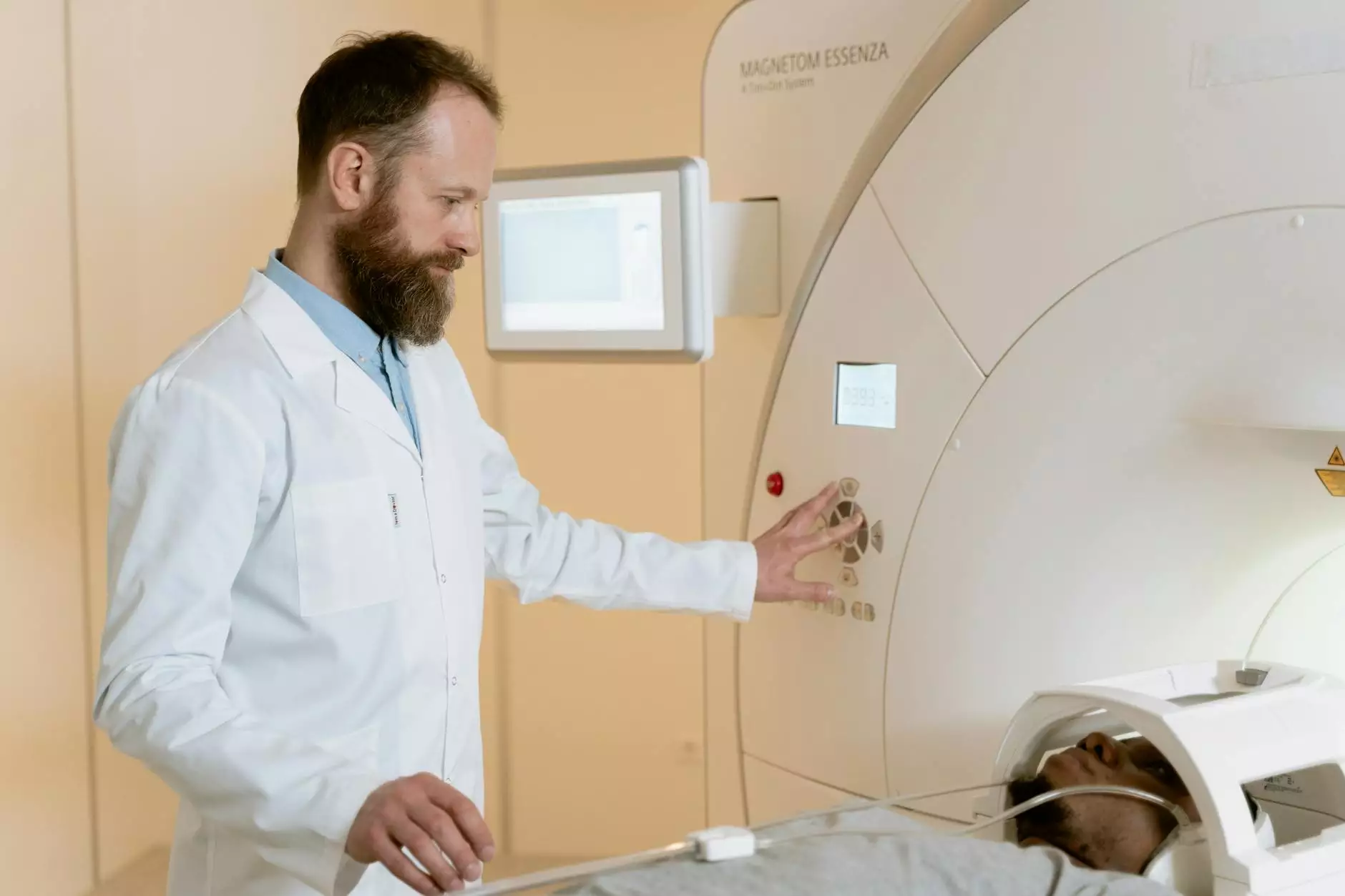Multiple Sclerosis Symptoms: Early Signs and Diagnosis | Norton Community Medical Associates

The Journey of Identifying Multiple Sclerosis Symptoms
If you have ever experienced unexplained and persistent health issues over an extended period, you may have wondered about the underlying cause. One such condition that might lead to these concerns is multiple sclerosis (MS). Often referred to as a chronic autoimmune disease affecting the central nervous system, MS can manifest in various ways, making it challenging to identify early on.
At Norton Community Medical Associates, we aim to provide comprehensive information on MS and its manifestations. By understanding the early signs and symptoms of MS, you can take proactive steps towards seeking appropriate medical care and receiving an accurate diagnosis.
What is Multiple Sclerosis?
Multiple sclerosis is a chronic neurodegenerative disease that affects the spinal cord, brain, and optic nerves. It arises due to the immune system mistakenly attacking the protective covering of nerve fibers, known as myelin. As a result, communication between the brain and the rest of the body becomes disrupted, leading to a variety of physical and cognitive symptoms.
Early Signs and Symptoms
Identifying the signs of multiple sclerosis in its early stages can be challenging, as the symptoms can vary widely and mimic other health conditions. However, paying close attention to the following potential indicators can help:
- Vision problems: Blurred or double vision, eye pain, and lack of coordination in eye movements
- Fatigue and weakness: General tiredness, lack of energy, and reduced endurance
- Balance and coordination issues: Dizziness, instability, difficulty walking, and clumsiness
- Numbness or tingling: Sensations of numbness, pins and needles, or a "crawling" feeling in the limbs
- Muscle spasms and stiffness: Involuntary muscle contractions and tightness
- Pain and discomfort: Chronic pain and discomfort, such as in the lower back or limbs
- Cognitive difficulties: Memory problems, decreased concentration, and difficulty in problem-solving
It is important to note that experiencing one or more of these symptoms does not necessarily indicate the presence of multiple sclerosis. However, if you notice persistent or recurring issues, it is crucial to consult a healthcare professional for a comprehensive evaluation and diagnosis.
Diagnosis and Treatment
To properly diagnose multiple sclerosis, healthcare providers employ a combination of medical history reviews, neurological examinations, and diagnostic tests. Imaging techniques such as magnetic resonance imaging (MRI) help evaluate the central nervous system, while spinal taps (lumbar punctures) may provide additional insights.
Early diagnosis is vital in managing multiple sclerosis effectively and preventing further damage to the nerves. While there is currently no cure for MS, various treatment options are available to alleviate symptoms, slow disease progression, and improve overall quality of life. These may include medications, physical therapy, occupational therapy, and lifestyle modifications.
Living with Multiple Sclerosis
A diagnosis of multiple sclerosis can understandably lead to a range of emotions, and adjusting to the condition may pose challenges. However, with the right support, education, and treatment, individuals with MS can lead fulfilling lives. Connecting with MS support groups, engaging in regular exercise, maintaining a balanced diet, and managing stress are essential factors in managing the condition and maintaining overall well-being.
Conclusion
Recognizing the early signs and symptoms of multiple sclerosis is crucial in initiating timely medical intervention and seeking appropriate care. Norton Community Medical Associates is dedicated to assisting you in understanding MS and navigating its impact. If you or a loved one experience any concerning symptoms mentioned above, we encourage you to schedule an appointment with our experienced healthcare professionals who specialize in MS.










